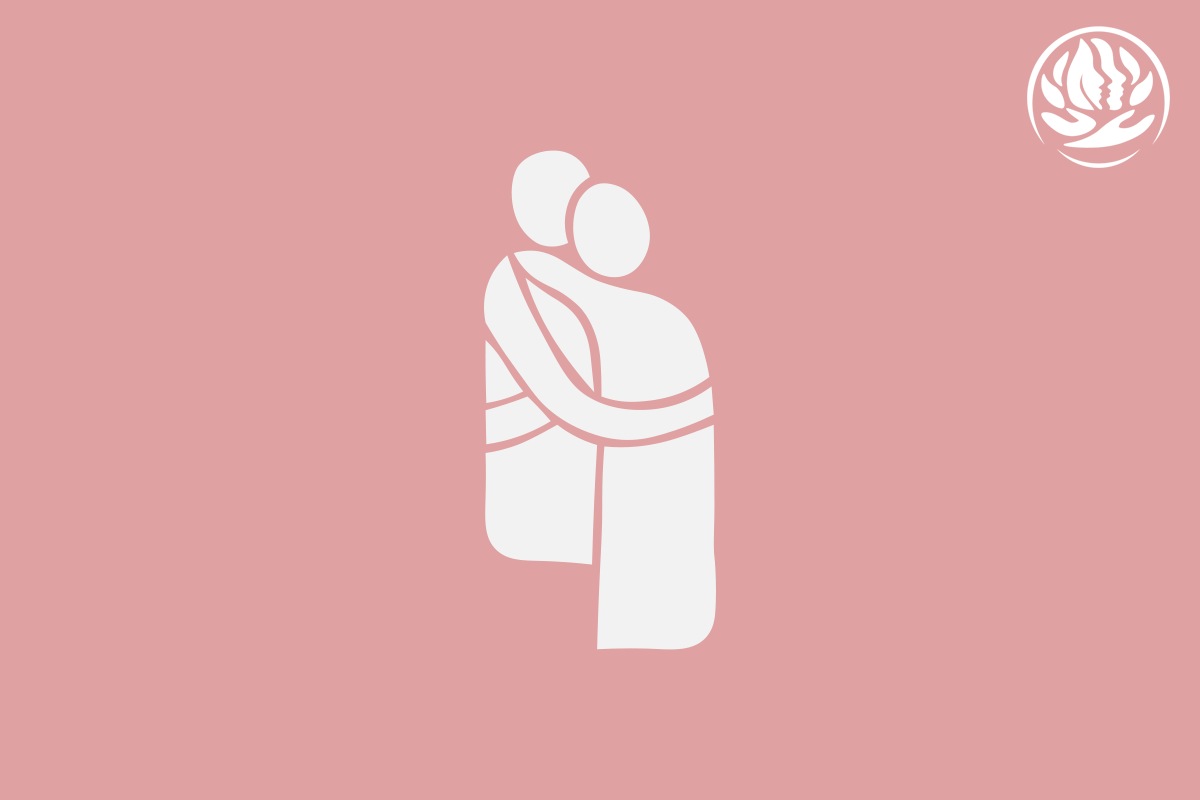Dealing With Grief From Anti-Asian Racism
Sandy Nguyen

For those who are exploring ways to improve our mental health, we know that trauma can come from many things, including poverty, racism, xenophobia, or violence. It can be intergenerational, it can come from a single incident or multiple incidents, or it can be compounded onto one another, building over time.
With the influx of violence pointed toward minority communities in the recent months, it is important for us as individuals and as a community to learn to process the stress and toll that these events can bring.
Professor Roberta Timothy from York University explains that grief can be a direct result of racism and intersectional violence, affecting us physically, emotionally, spiritually, and even transgenerationally. More importantly, what these chronic experiences of racial violence can cause is the inability to fully engage in your grief. This can cause many problems as it can inhibit one’s ability to recover from such stress. So, when considering racial trauma and the very real impacts that racism has on our mental and physical health, many of us are still learning- maybe even for the first time- how to process, grieve for, and heal from racial trauma.
For people of color, in my case, Asian Americans, we are taught from the model minority myth and systems of white supremacy that we must be silent (complicit, save face, keep our heads down) and swallow our suffering; that our issues are not relevant enough to speak out about; and that we don’t actually experience racial trauma, so we have nothing to complain about. We are constantly denied the opportunity to express our grievances that come from racial trauma; on the other hand, when we DO speak out, we’re expected to intellectualize our trauma and launch into an hour-long debate to prove that it exists even though our lived experiences should be enough.
The U.S. has had a long history of violence and racism against Asians and Asian Americans, from the Chinese Massacre of 1871, The Chinese Exclusion Act, the Watsonville riots, the Japanese internment camps, the murder of Vincent Chin, Yellow Peril, domestic and sexual violence against API women, our communities facing detentions and deportations, post-9/11 Islamaphobia and discrimination of South Asians, to the Muslim Ban, to the recent Atlanta spa shootings where most victims were Asian women- the list goes on and on. And during the COVID-19 pandemic, Asian Americans have faced a huge spike in violence both verbally and physically because they are used as scapegoats for the virus.
Today, when we hear comments like “YOU don’t eat bats, right?” or “I’m so over this China virus!”; see our friends or coworkers use racial slurs; read about stories of Asian elders who resemble and could have been our own elders being attacked and murdered in the streets or their own homes; learn about countless others who have been harassed in public; or when we face this anti-Asian racism ourselves, we ARE impacted by it and we can’t just brush it off.
When we face an increase of racial violence against our community, we have to allow ourselves to grieve for the loss of energy, time, trust in our close friends or coworkers, safety, well-being, and more. So, here are some ways that you can help yourself and the people around you get through these tough times.
How to Support Yourself
Connect with people, in real life and/or on social media, who help you feel safe and heard. When expressing your grief and experiences with racial trauma, it’s important to be around people who acknowledge those experiences instead of debating with you or questioning if it “really happened that way” or not.
Give yourself alone time to process your thoughts and grieve in private if you need. Sometimes POC are forced to relive their trauma for others (usually in white spaces), so to avoid engaging in trauma porn, we need to have space to ourselves to process our emotions.
Breaking out of the model minority myth means allowing ourselves to be publicly angry and upset, to take up space in our grief, instead of suppressing those emotions.
Seek resources for healing, such as therapy, medication, physical exercise, and more.
Spotlight mental health resources aimed at the Asian American community, support Asian American small businesses, donate to organizations that support Asian American causes, report hate crimes, and talk to and check in with your elders about what’s happening in the world.
Celebrate your joy! Self-care is not the only thing critical in dealing with grief or trauma: experiencing joy amidst racial trauma is crucial for fighting the systems that oppress us.
Overall, it’s important to educate yourself on the history of Asian Americans, the history of our activism, and keep speaking out so our stories of racial trauma and healing aren’t forgotten. Although the anti-Asian racism and hate crimes against the Asian community since the pandemic began is not the first time many of us have experienced racial trauma, in a time where many are committing to breaking the systems of white supremacy, the collective grief and anger being expressed by Asians and Asian Americans paired with the actions our communities have taken to heal from this violence are necessary and powerful.
Sources
For Asian Americans, Sharing Our Grief Is An Act Of Revolution - Bianca Mabute-Louie
Grief is a Direct Impact of Racism: Eight Ways to Support Yourself - Roberta K. Timothy
Coping with Racial Trauma - University of Georgia
